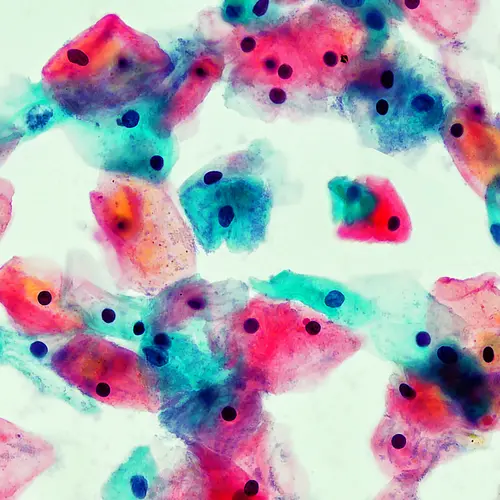For those with cancer -- especially for those in treatment, and isolating -- eating right is crucial. A good diet can help you stay strong and feel better. Good foods give you more energy, too. That can get you on the road to recovery more quickly.
A healthy eating lifestyle can help you maintain your weight and stave off the side effects of treatment. It can lower your chance of infection.
It's not always easy finding and keeping the right foods within reach while stuck inside recovering. Follow these tips.
What's Important
Your diet should be full of foods designed to give your body the nutrients it needs to fight the disease and stay strong through treatment. For example:
Fluids. You should drink eight 8-ounce glasses of liquids a day to give your cells all the fluids they need to work properly. Water's great, but fluids from other drinks (and foods like soup and broth) also count.
Proteins. After surgery, chemotherapy, or other treatments, those fighting cancer often need more protein to repair their body and to fight off infections. Both can be especially important during the COVID-19 pandemic. Main sources of protein include meats (lean red meat, poultry, fish) and eggs. But don't forget beans, lentil, and soy.
Fats. Despite the bad press that they might get, fats have their place in a healthy diet. They provide much-needed energy. They also help vitamins get through your blood. There are flat-out bad fats -- avoid trans fats -- and some other fats (like saturated fats found in meat, poultry, and dairy) that can raise your cholesterol, so be careful.
Carbohydrates. When you have cancer, you need all the energy you can get. One of the body's main sources of that energy comes from carbohydrates. Fruits, vegetables, and whole grains all provide carbs. Milk and milk products do, too. All of these can be rich in vitamins, minerals, and fiber.
Vitamins. You can get most of your vitamins and minerals through a good, balanced diet rich in fruits and vegetables. Vitamins A, D, C, E, and others help keep your immune system healthy. Minerals like zinc can help you fight off bacteria and viruses. All of these are extra important during the COVID-19 pandemic. If you're not getting enough of them, talk to your doctor about how you can get what you need.
What If I Don't Feel Like Eating?
Sometimes people going through cancer treatment can struggle with their appetite. But your body needs energy to run, even while self-isolating. Food is how you get that energy. If you're finding it difficult to eat enough:
- Try smaller meals, but more of them.
- Keep snacks handy.
- Limit how much you drink during meals (to avoid feeling too full).
- Go for high-calorie foods.
- Keep in touch with your doctor or dietitian.
Foods to Use
If you're self-isolating during cancer treatments or after, it can be difficult to get your hands on the proper food to keep that healthy diet humming along.
An emergency stash of bottled water might be in order. If water's too boring, add some flavor with a wedge of lemon or lime. Remember, there are other liquids besides water. Milk, juice, and tea count. Even sodas. Veggies count, too; some are almost all water. But for a zero-caffeine, zero-calorie drink, water is your best choice.
Stock up on foods like dried beans, seeds, or nuts. They have a long shelf life and can be rich in protein. Fresh meat and eggs can be impossible to store for long, so these can give you a protein push without too many trips to the store.
Unsaturated fats are good for you. You can find them in some oils (olive, canola) and in some seafood, nuts, and seeds. And they'll last a long time on a pantry shelf.
Frozen veggies often provide just as many vitamins -- sometimes more -- than fresh ones. Fresh fruits and vegetables are tricky to keep for long, so keep that freezer stocked.
Pasta and rice last a long time on the shelf and provide carbohydrates needed to keep up your energy. Breakfast cereals are good to store; look for vitamin-fortified ones made with organic whole grains. Other pantry foods to keep you carb-happy include potatoes and oatmeal.
Remember, your dietary needs are unique. A doctor or a certified dietitian can help get you on the right food track.

